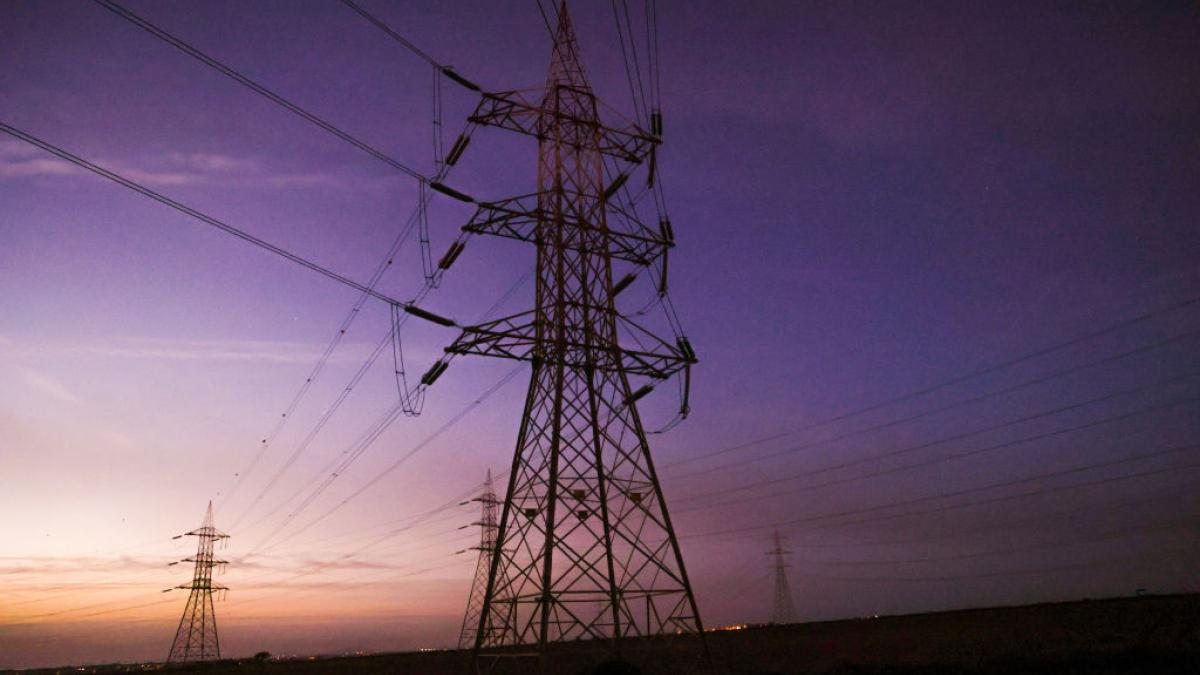The idea of regionalizing electricity markets in the Western United States is gaining momentum, driven by the potential benefits it offers. Regionalization involves enhancing coordination among Western states to facilitate the buying and selling of wholesale electricity through centralized federal power markets. This coordination, often facilitated by regional transmission organizations (RTOs), could significantly improve grid reliability, lower costs, and reduce emissions.
Currently, the California Independent System Operator (CAISO) is the only RTO in the West, covering most of California and parts of Nevada. However, efforts are underway to expand CAISO’s territory into additional Western states. This expansion aims to improve the efficiency of wholesale electricity transactions and pave the way for a potential multi-state RTO in the future, known as the “West-Wide Governance Pathways Initiative.”
Studies suggest that expanding the geographic scope of Western federal power markets could yield substantial benefits, including cost savings of up to $1.2 billion annually and a significant reduction in carbon emissions. These benefits are particularly attractive for Western states with ambitious clean energy goals, such as California, Washington, and New Mexico.
However, regionalization also comes with legal and policy risks for states. Participating in federal markets like CAISO would subject states to federal jurisdiction, potentially limiting their authority over the electricity sector. These risks include interference with state clean energy policies, restrictions on state autonomy, and the possibility of federal law preempting state regulations.
A forthcoming paper explores these risks in detail and concludes that they do not pose a significant threat to state authority. While federal jurisdiction over electricity markets could affect some state policies, such as clean energy incentives, the overall risk is deemed low. States would still have considerable flexibility to shape their energy policies and incentivize preferred generation resources.
Overall, the analysis suggests that the potential benefits of regionalization outweigh the risks for Western states. While each state must evaluate the implications of joining federal markets on a case-by-case basis, the consensus is that the benefits to grid reliability, ratepayers, and the climate justify further exploration of regionalization efforts.















































